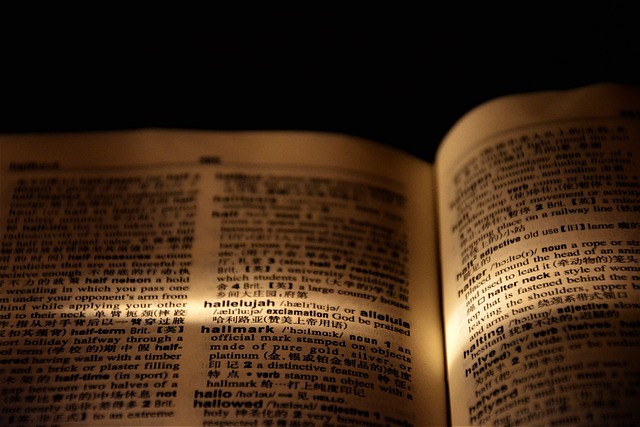Defining Complexity: Analyzing Definition Problems in Science and Modern Philosophy
In an era where knowledge expands at an unprecedented rate, the quest for clarity is more critical than ever. Definition problems permeate both the realms of science and modern philosophy, challenging the ways we understand complex concepts. As our quest for knowledge advances, the necessity for precise definitions becomes essential. But why do these definition problems arise, and what do they mean for us as seekers of truth?
The Elusiveness of Definitions in Science
Science, often deemed the beacon of objectivity, grapples with definition problems that can twist our understanding of reality. Take, for instance, the term “species” in biology. What constitutes a species is not as straightforward as one might assume. The myriad of classifications and the evolutionary nuances lead to complications. These definition problems can hinder scientific communication and slow the progress of research.
Moreover, consider the field of physics where concepts like “time” and “quantum” remain elusive despite years of rigorous study. When scientists cannot agree on what these terms mean, the implications reverberate through research, theories, and experiments. Each complex idea requires a mutual understanding, yet the often ambiguous nature of language leads to metaphysical impasses.
Modern Philosophy and the Quest for Clarity
Transitioning into modern philosophy, we see a parallel struggle with definition problems. Philosophers have long debated the meanings of concepts such as “existence,” “truth,” and “consciousness.” Many intellectual giants have attempted to pin down these notions, yet each exploration reveals layers of complexity rather than clarity.
For instance, when we talk about “consciousness,” we enter a labyrinth of philosophical inquiry that challenges our basic understanding of self and experience. Despite the proliferation of theories—from dualism to physicalism—debates ensue over what consciousness actually entails. This reveals not only the difficulties of our language but also the limitations of our cognitive frameworks. Hence, definition problems in philosophy are not merely academic; they echo in our daily lives as we attempt to navigate our existence.
The Emotional Connection to Definition Problems
As we delve deeper into these subjects, it’s crucial to address why definition problems resonate with us on a personal level. In science, the inability to precisely define essential concepts can create mistrust among the public. How can we believe in findings if we struggle to understand the terms involved? On the other hand, the philosophical quest for meaning speaks to our fundamental need to comprehend our existence and our place in the universe. The more we grapple with these definition problems, the more we understand our own humanity.
In conclusion, the dance between the known and unknown is fraught with challenges, especially in science and modern philosophy. As we engage with these disciplines, embracing the intricate nature of definition problems may illuminate pathways toward greater understanding. Only then can we begin to appreciate complexity not as a barrier, but as an essential component of intellectual growth.




